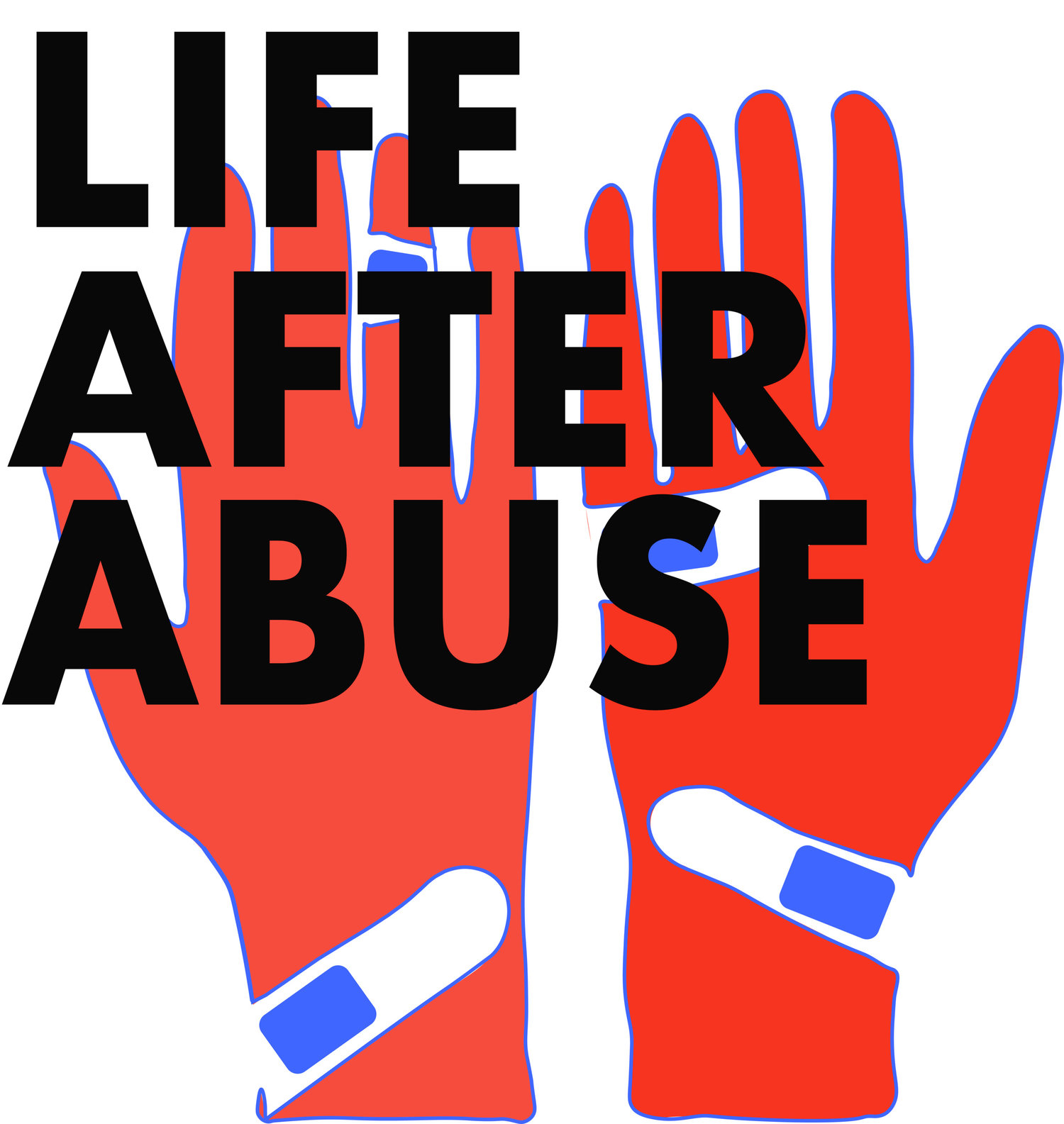The SARE Trial 2 Year Follow up: Still Showing Benefits in Campus Rape Prevention
We must ramp up the dialogue on sexual assault prevention. Like any other public health issue, we have the ability to study both the impact and the potential interventions, that could substantially decrease the impact of this societal scourge.
We know that sexual assault can have devastating consequences for victims. This includes a higher chance of re-victimization, especially if the survivor does not have adequate physical, emotional and psychological support. As a result, we should be actively seeking out every possible way to make sexual assault and rape RARE.
The Enhanced Assess, Acknowledge, Act Program
The SARE (Sexual Assault Resistance Education) trial evaluated a resistance (EAAA program) vs. information only protocols. The EAAA program is the Enhanced Assess, Acknowledge, Act program. It is what it says. Women are taught to Assess their situation, Acknowledge when the situation is deteriorating and then ACT.
From this study, we know that the EAAA program works to decrease completed rapes by 50% by one year.
At a 2 year follow up, the study team found a continued benefit of the resistance protocol. The risk of completed rapes was reduced by about 30%. The risk of attempted rape was reduced by over 60% and was significant. In other words, the risks of being raped continued to decrease even though the EAAA training that happened 2 years earlier.
How does the EAAA program Help Women?
What is fascinating about the 2-year cohort analysis is the evaluation of the mindset of women who took part in the EAAA program.
The authors stated:
The EAAA program produced significant increases in women’s:
Perception of personal risk of acquaintance rape
Higher confidence that one could defend oneself against sexual assault
Knowledge of effective (forceful verbal and physical) resistance strategies
The program also produced decreases in:
General rape myth acceptance (esp. that women provoke rape due to their actions)
Woman blaming
FOCUS: Two Effects of the EAAA Program
Raised women’s perceptions of their own risk of acquaintance rape. “Theory and research suggest that slow risk detection is a barrier to successful sexual assault resistance; acquaintance rape contexts (e.g., social situations, alcohol use) are particularly susceptible to slower detection. Women moved from viewing rape as “unlikely” or “very unlikely” to the middle of the scale (neither likely nor unlikely). This shift may reflect the increased personal relevance of resistance education.”
LAA Note: Understanding the potential personal impact is critical because it’s easy to think that rape happens to someone else and this age group may feel themselves to be more in control and less vulnerable to tragic events, especially with peers.
There was a “substantial positive impact on women’s confidence that they could resist sexual coercion and sexual assault. Self Efficacy or confidence that one can engage in the behavior being advocated, is key to behavioral change. Forceful verbal and physical tactics are both related to the decreased likelihood of rape, regardless of whether the perpetrator is a stranger or acquaintance. Unfortunately, women less commonly employ these strategies when faced with sexual assault from men they know, particularly when the men are intimates.”
LAA Note: There are a lot of myths about what women should do if an assault is imminent. The SARE trial has done a great job of explicitly studying the impact that changed beliefs and effective strategies can have on assaults. However, it’s going to be critical to get a better understanding of how to arm girls/women when faced with intimate partner assault, especially since coercion is often used as the key tool by the perpetrator.
Now that we know that we can decrease rape on campus, what are our universities doing?
The SARE Trial results have been available for 4 years. The follow-up study results have been available for 2 years. The SARE Center is up and running and training facilitators.
According to SAREcentre.org right now Stanford, the University of Iowa and Florida Atlantic University are the only US universities who are using the EAAA program. Let’s give a round of applause to these forward-thinking institutions.
We can do better to Stop Sexual Assault.
If you are a paying customer of an American university or college, I encourage you to immediately email them and attach the SAREcentre.org website. Ask them WHEN they are planning to implement this type of program at the school. Start the dialogue.
If you are the male or the parent of a male student, remember that you are just as affected. Whether it’s a sister, niece, cousin, neighbor’s daughter, or your future wife or daughter in law, you can protect them from future devastating life consequences by supporting these programs.
References:
https://www.nejm.org/do/10.1056/NEJMdo005024/full/
https://journals.sagepub.com/doi/full/10.1177/0361684317690119#
http://sarecentre.org/implementation.php



